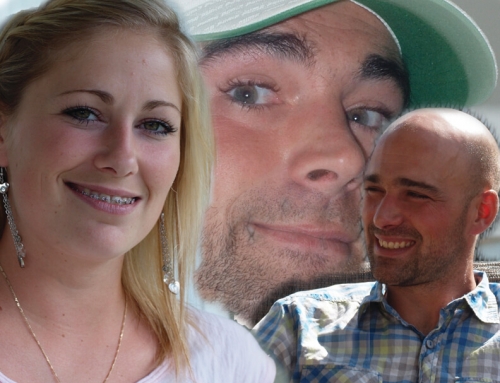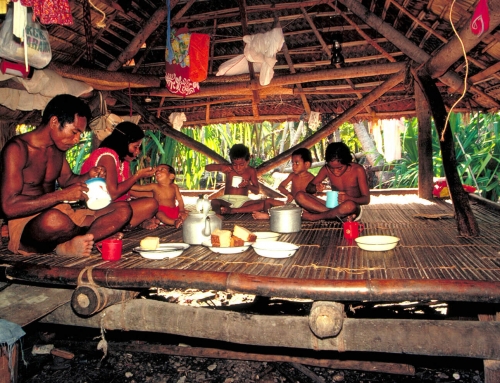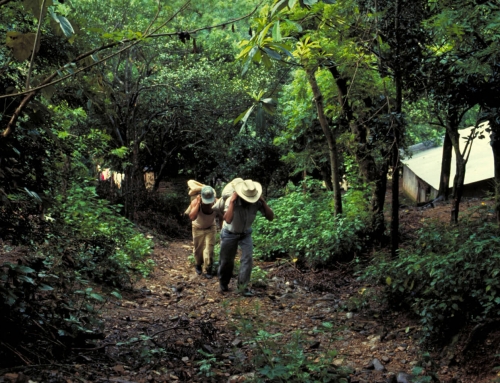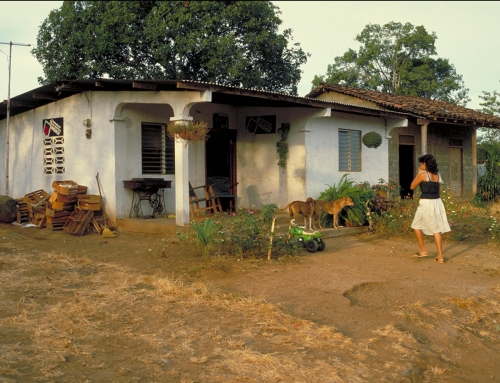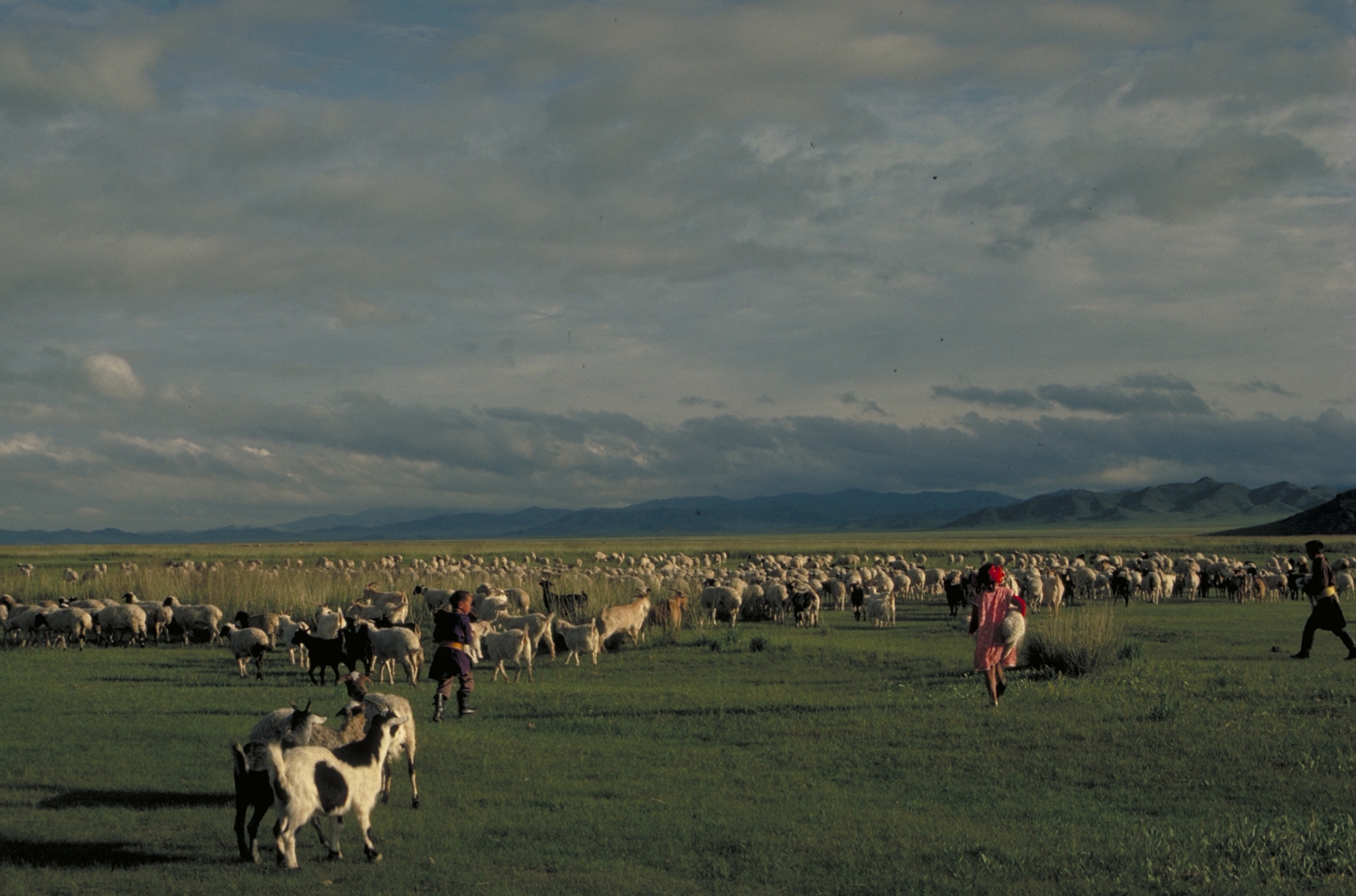
The world needs leaders who are good shepherds
One evening, we were all in the yurt when Sereeter said he would go out to check on the sheep before night. He came back saying everything was alright. He had 1000 young sheep to care for and needed to give back the 1000 sheep to the cooperative the next year. I asked him how he was sure that there were 1000 sheep and not 995 in his flock.
He told me he knew all of them as they were all different and that he could tell if one was unhappy or not in good health by the way it would chew.
I remember asking myself then if there was any leader in the world who knew their flock this way. How many leaders are really concerned about every member of their flock’s happiness?.
When I drive down a new road, I look and I see if people are happy. I see the unhappy, the sick, the hungry, the frustrated and the impatient. I see if life is too hard, and if people are tired. I have seen entire countries of very tired people. If I can see it, I tell myself, leaders must see it too.
How can we not see when inner peace of our people is absent because of too harsh a life?
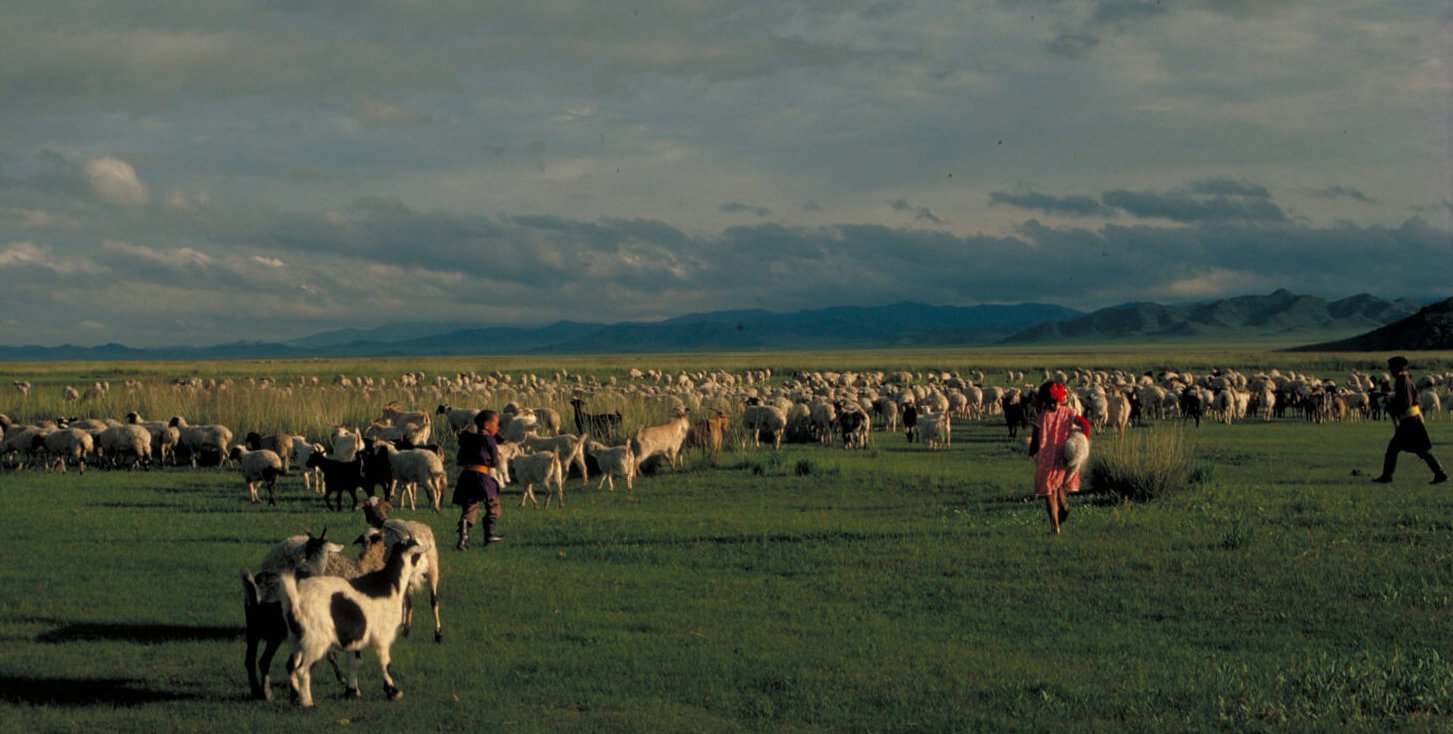
Then they asked me to take my garbage with me when I left. They had none.
I was very moved and inspired by the Sereeter’s relationship with their environment. A few moments after I arrived, they killed a goat to honour my visit. I hardly had time to see the animal and it didn’t make a sound of complaint since they did not hurt it when they took its life. Then they cleaned the animal without dirtying the river’s water, without a drop of blood touching the animal’s skin, which they would use during the winter. Without trees and oil, the fire was made with dry horse and cow dung.
I left this family asking myself that question: “Is it better to be developed or inspired?” To live without ever producing rubbish that cannot return to the Earth, to go without leaving a trace as they did twenty times a year, isn’t that an elevated consciousness? Isn’t that inspiring?
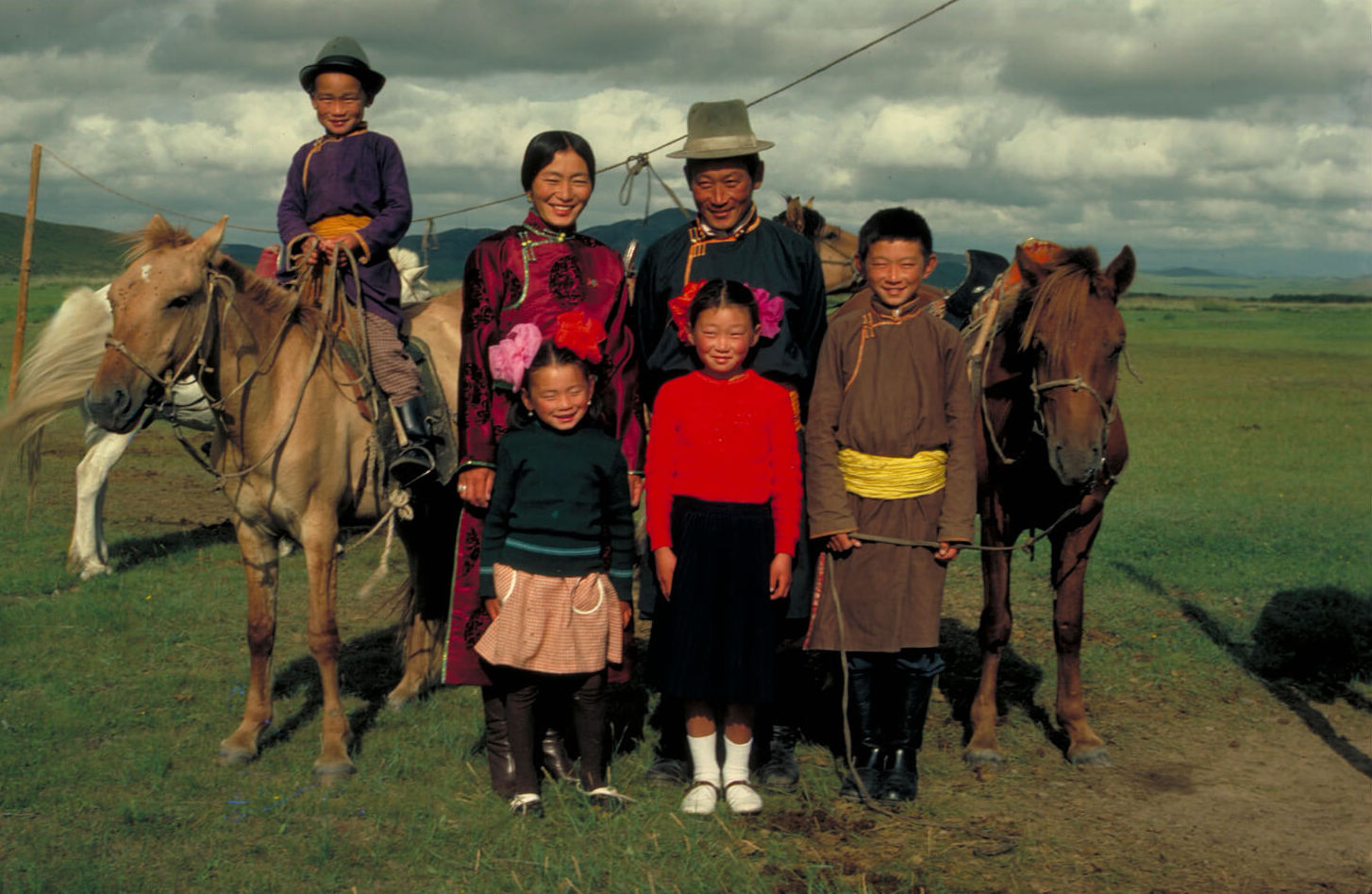
Every member of the family has a horse
Every member of the family has a horse. They are vital to existence in a country with great distances between sparsely populated areas. The two boys are off to take the sheep out on the steppe, as they do every day during their two-month school holiday. These 1,000 sheep are part of one of the vast, government-maintained sheep co-operatives. After an ewe is weaned, Sereeter and his wife are responsible for the first year of its life. Their work is assessed by the kilos of wool the sheep produce in a year. Sereeter must keep track of every single sheep, checking for weight loss or disease and paying special attention to them throughout the winter, with its strong winds and temperatures as low as -500C.

